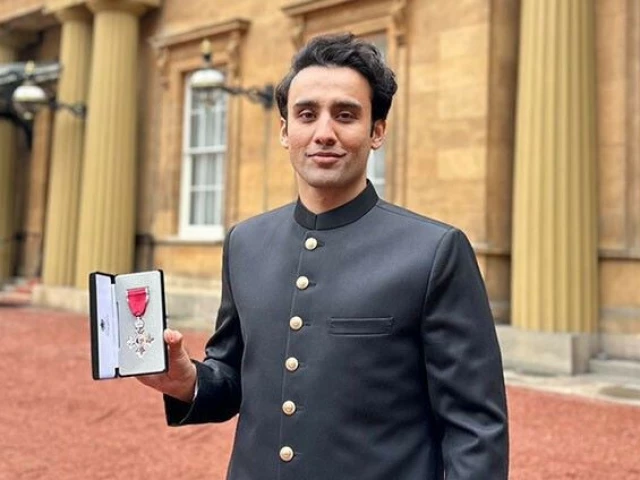Pakistan steps into the future with a major appointment aimed at regulating and innovating in the digital asset economy.
1. Government Appoints Crypto Leader to Regulate Digital Assets
Prime Minister Shehbaz Sharif has appointed Bilal Bin Saqib as the Special Assistant to the Prime Minister (SAPM) on blockchain and cryptocurrency, granting him the status of state minister. This move expands the Prime Minister’s cabinet to 55 members and underscores Pakistan’s strategic commitment to embracing digital finance.
The appointment closely follows Saqib’s designation as Chief Advisor to the Finance Minister and his role as Chief Executive Officer (CEO) of the Pakistan Crypto Council (PCC). According to the official announcement, his new responsibilities include formulating a FATF-compliant regulatory framework, overseeing the launch of Bitcoin mining initiatives, and integrating blockchain technologies into government operations such as land records and finance.
The announcement came a day after the government allocated 2,000 megawatts (MW) of electricity to support Bitcoin mining and Artificial Intelligence (AI) data centers. The move is part of a broader national initiative to leverage surplus energy and promote technological innovation.
2. New Digital Asset Authority to Oversee Crypto Market
In parallel with Saqib’s appointment, the Ministry of Finance has revealed a comprehensive strategy to regulate the burgeoning virtual asset economy in Pakistan. A key part of this plan includes the formation of the Pakistan Digital Assets Authority (PDAA). This newly proposed body will regulate Pakistan’s informal $300 billion crypto market, introduce tokenisation of national assets, and provide legal certainty for investors.
The PDAA will also focus on creating opportunities for startups and youth, supporting innovation, and enabling monetisation of surplus electricity through regulated Bitcoin mining. The authority is expected to play a central role in shaping Pakistan’s blockchain future by fostering transparency, economic inclusion, and investment confidence.
With over 50 million crypto users and a consistently high global ranking for adoption, Pakistan is emerging as a major hub for digital asset innovation. Approximately 70% of the population is under 30, providing a dynamic, tech-savvy workforce ripe for blockchain development and fintech entrepreneurship.
3. Bilal Bin Saqib: A Global Voice for Innovation and Social Impact
Bilal Bin Saqib is a London-based entrepreneur, blockchain advocate, and Forbes 30 Under 30 honoree. He is recognized not only for his work in digital finance but also for his humanitarian efforts and social innovation.
In 2023, he was awarded an MBE (Member of the British Empire) for his service during the COVID-19 pandemic. His initiative, One Million Meals, delivered over 100,000 meals to frontline NHS staff and vulnerable groups across the UK. He has also received accolades from King Charles III, Queen Elizabeth II, and the Mayor of London.
Academically, Saqib holds a Master’s in Social Innovation and Entrepreneurship from the London School of Economics (LSE). His work includes founding Tayaba, a social enterprise aimed at solving Pakistan’s water crisis through the introduction of the H2O Wheel, a low-cost innovation that eases the burden of water collection in rural communities.
Bilal Bin Saqib’s appointment as SAPM marks a significant milestone in Pakistan’s efforts to formalize its crypto market, empower its youth, and embrace blockchain for national development. His blend of fintech expertise and social entrepreneurship makes him uniquely positioned to lead Pakistan into a new era of digital transformation.








